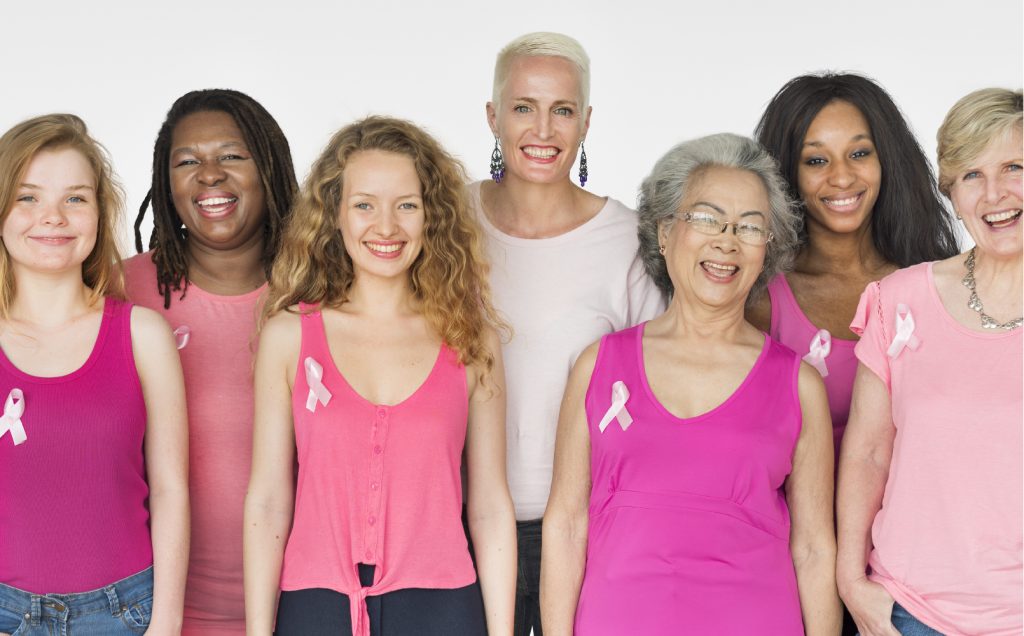
Image by Rawpixel.com on Adobe Stock
As a population health management tool, COZEVA allows plan administrators, provider organizations, and their practices to easily track their patients’ care opportunities
As a real-time metrics engine, COZEVA’s gap reports and powerful Analytics can better inform outreach efforts. With options to target patients by geographic area, by length of time from last screenings, or by available race, ethnicity or language data, these efforts can improve patient compliance and health outcomes during these times of uncertainty.
References:
Breast Cancer Statistics https://www.cancer.net/cancer-types/breast-cancer/statistics
Breast Cancer Statistics https://www.cdc.gov/cancer/breast/statistics/index.htm
What is Breast Cancer Screening? https://www.cdc.gov/cancer/breast/basic_info/screening.htm
COVID-19 Pandemic Delayed Breast Cancer Screening in Many Parts of the United States https://www.breastcancer.org/research-news/covid-19-delayed-screening-in-us
Race/Ethnicity https://www.breastcancer.org/risk/factors/race_ethnicity
Centers for Disease Control and Prevention (CDC) https://www.cdc.gov/cancer/breast/statistics/index.htm
We use cookies to enhance your browsing experience. By clicking “Accept and Continue”, you consent to our use of cookies.